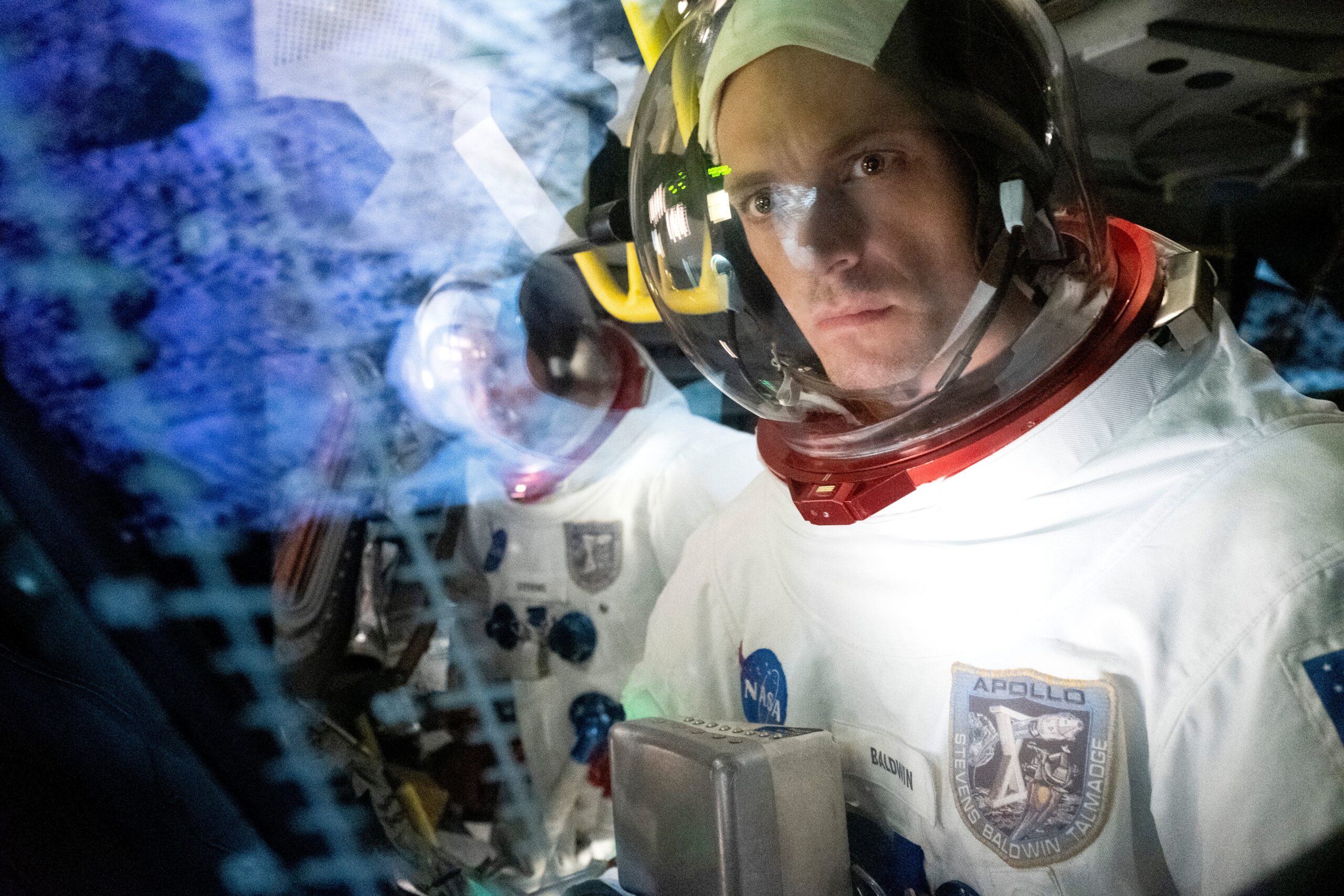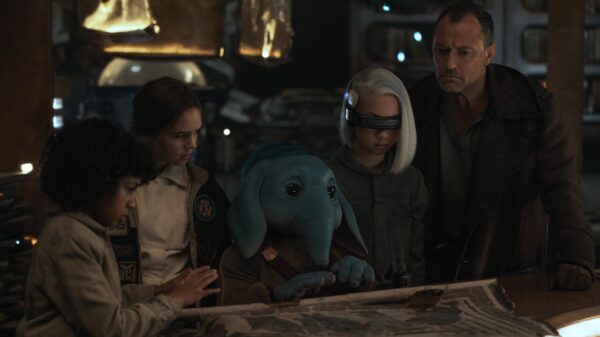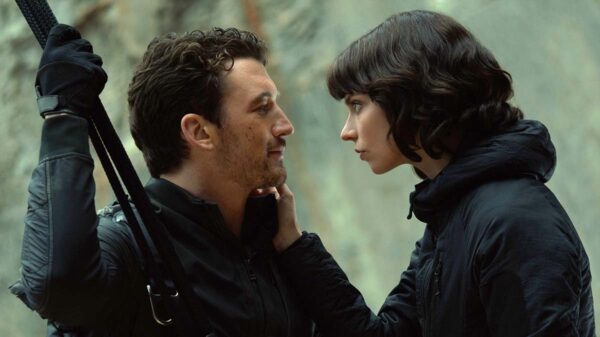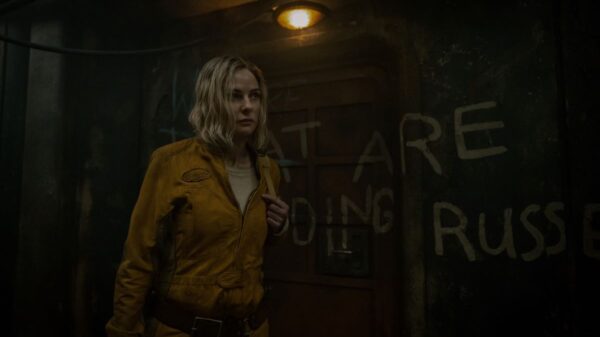40 episodes in, the epic space drama For All Mankind retains a surprising hold on a loyal fanbase of Apple TV+ viewers looking for soapy, character-based science fiction. The recently-concluded fourth season sits at 100% on Rotten Tomatoes, the second of the series to do so (Season 3 is close with 97%). Whether or not For All Mankind is the perfect show for you, the advanced, multi-storyline writing, still palatable for all adult audiences, continues to capitalize on developing characters and layering intricate historical themes, putting out some of the series’ best material yet.
‘For All Mankind’ Season 4 Premise
The last time we saw the characters of For All Mankind was in the mid-1990s, when NASA, the still-existing Soviet Union, and the private space company Helios raced to land the first person on Mars. This alternate history story’s fourth season picks up in 2003, showing the central character, Ed Baldwin, commanding the now-massive international base on Mars. Other returning characters include Danielle Poole, trying to withstand losses and memories while figuring out her career placement, and Margo Madison, now living in the Soviet Union.
Returning Characters Ignite the Drama While New Faces Ground Us in Reality
When it debuted, For All Mankind mostly came across as an experiment in alternate history that allowed for some historically-inspired characters to take amusing directions (greater moon-landing and development focus, early push for women in space, growing tensions further with the Soviet Union, stuff like that). Returning to Seasons 2 and 3 revealed the power of the show: character development, character drama, and character acting. Season 2 onward has set a precedent for quality television worth returning to, thanks to a vested interest in the performers and their roles, with the fourth season tremendously reaping the benefits.
Joel Kinnaman, Wrenn Schmidt, and Krys Marshall endlessly deliver meaty performances in their roles, and past displays from Michael Dorman, Sarah Jones, Shantel VanSanten, and many others make some of the most memorable ensembles of recent show history. It is rare to see a show so heavily grounded in perpetual drama; every action and sequence from these returning characters is heavily based in seeds planted from the early introduction of their role.
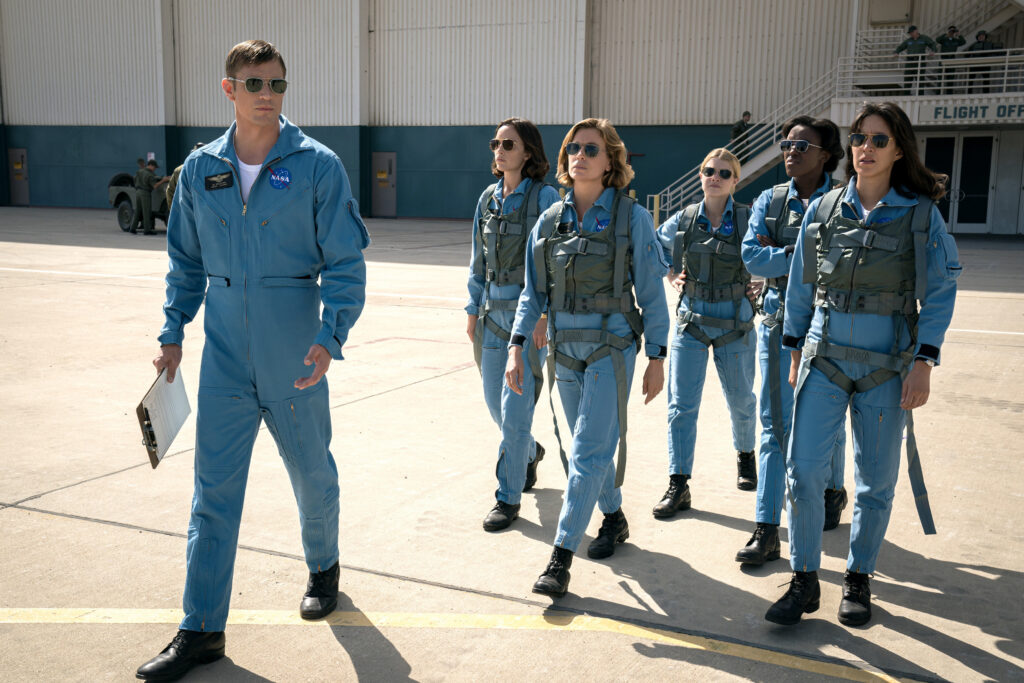
Still of ‘For All Mankind’
The second and third seasons introduced new characters that would later return emotional dividends for the series, and the addition that does that in Season 4 is Toby Kebbell (Kong: Skull Island). His role as a lowly Mars base worker tries to give some insight into the natural stratification of any industry’s higher vs. lower positions at a company. As salaries keep getting cut from the low-tier workers who cannot leave by anything other than a ship that comes every two years, this storyline seeps into the central characters and their higher positions. By the season finale, For All Mankind‘s balanced writing has made these new directions as interesting as the main plot.
‘For All Mankind’ Deserves Its Faithful Status
Fans of For All Mankind kept the series as one of the top 10 shows of the winter, though it never reached number one. Luckily, this Apple series should have enough viewers and positive online engagement to last as long as it wants, with the recent season finale unsurprisingly setting up the Season 5 time jump to the 2010s. As long as Kinnaman sticks around under the guidance of lead creatives Matt Wolpert and Ben Nedivi, those who have stuck around this long will not want to miss any continuation.
For All Mankind is streaming now on Apple TV+.


